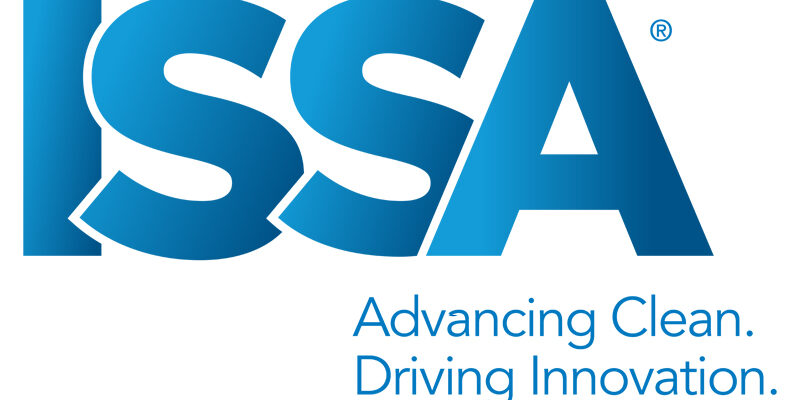Internal Contradictions: Avoid generating friction within your company

When commenting on the decline of the Soviet Union, George Kennan, a Pulitzer Prize-winning author, American diplomat and recognized authority on Soviet affairs, stated that it “collapsed under the weight of its own internal contradictions.”
In my experience, Kennan’s comment applies to businesses just as much as it applied to the Soviet Union. While we may not always be able to pinpoint a specific incident that causes a company’s downfall, we know the slow erosion of principles and morale brought on by internal contradictions ultimately leads to a company’s decline.
Internal contradictions in business usually start with small, seemingly insignificant actions. They can be as basic as showing up late for meetings (or not showing up for them at all) yet railing in indignation when our people do the same.
Many of us don’t view this as a contradiction. After all, we’re the owners, and we have far more important things to attend to — or so we tell ourselves. But are we really just exercising what we view as owner’s privilege, or is this a sign of something more troublesome? Either way, how will this be interpreted the next time one of our employees shows up late to an appointment? Will we grant them the same privilege? If we do, what will ultimately happen to the integrity of our meetings and appointments?
Over time, it’s easy for contradictions to grow in size and importance. For instance, when working from a business plan, how often do we overtly act on things that weren’t even included? More subtly, how often do we fail to follow up on the plan, thus avoiding actually following through on the things we said were important? Or how often do we look with disdain on those in our organizations who actually try to remind us about the plan and the things we’re supposed to be doing?
These all have the same effect on our businesses: We lose traction and run the risk of having our people throw their hands in the air and check out of the whole process.
Perhaps the most volatile area in which our internal contradictions show themselves is in the area of integrity. Nothing brings out the cynic in employees more than when a business leader’s actions are in conflict with the company’s stated or unstated core values — the cornerstone beliefs on which the company has been built. Topping the list of values in many companies is integrity: Doing the right thing even when no one is looking. Yet, how often do we contradict that value without even realizing it? Fudging on taxes, not reporting cash sales as income, shorting a customer on promised services and bad-mouthing competitors are all ways this happens, but many of us might not think of these as contradictions.
Running our businesses with internal contradictions doesn’t necessarily mean our companies are doomed, and it doesn’t necessarily mean we’re bad people or failures as business leaders.
But you can be sure these contradictions generate friction within our organizations and produce drags on company growth. When we already have so much pressure from shifting customer demands, competitors and markets, doesn’t it make sense to avoid additional pressure by addressing internal challenges?
After all, we’re the only ones who can.
Chuck Violand is the founder and principal of Violand Management Associates (VMA), the largest consulting company in the restoration and cleaning industries. Violand is a recognized industry leader for advising entrepreneurs on the unique challenges they face both personally and professionally. Through VMA, he works with business owners and companies to develop their people and their profits. Violand is the president of the Restoration Industry Association (RIA). To reach him, visit violand.com or call (800)360-3513.












